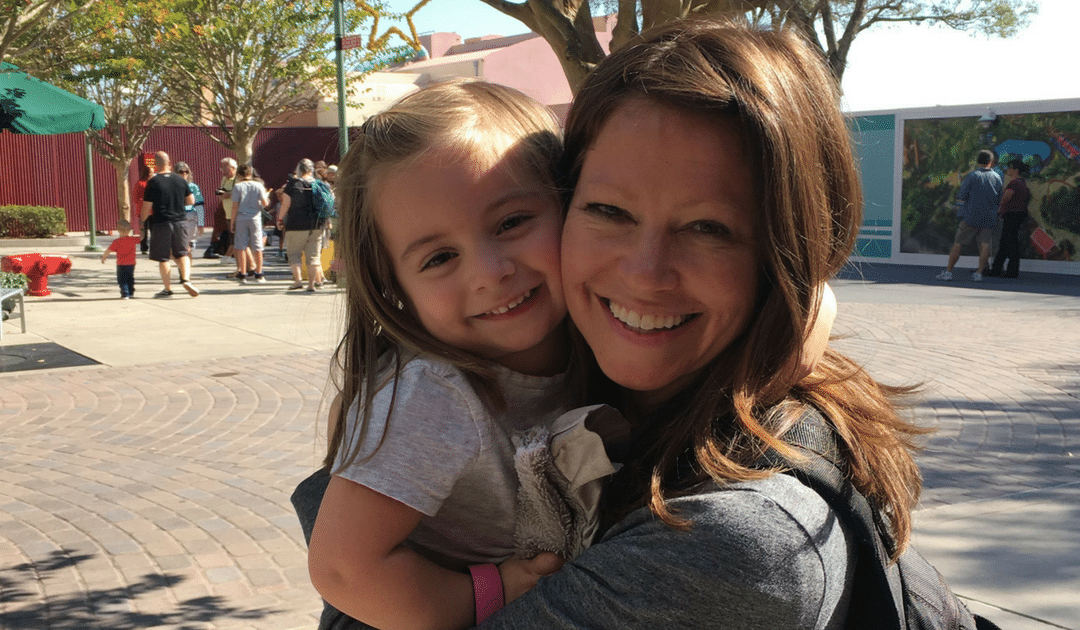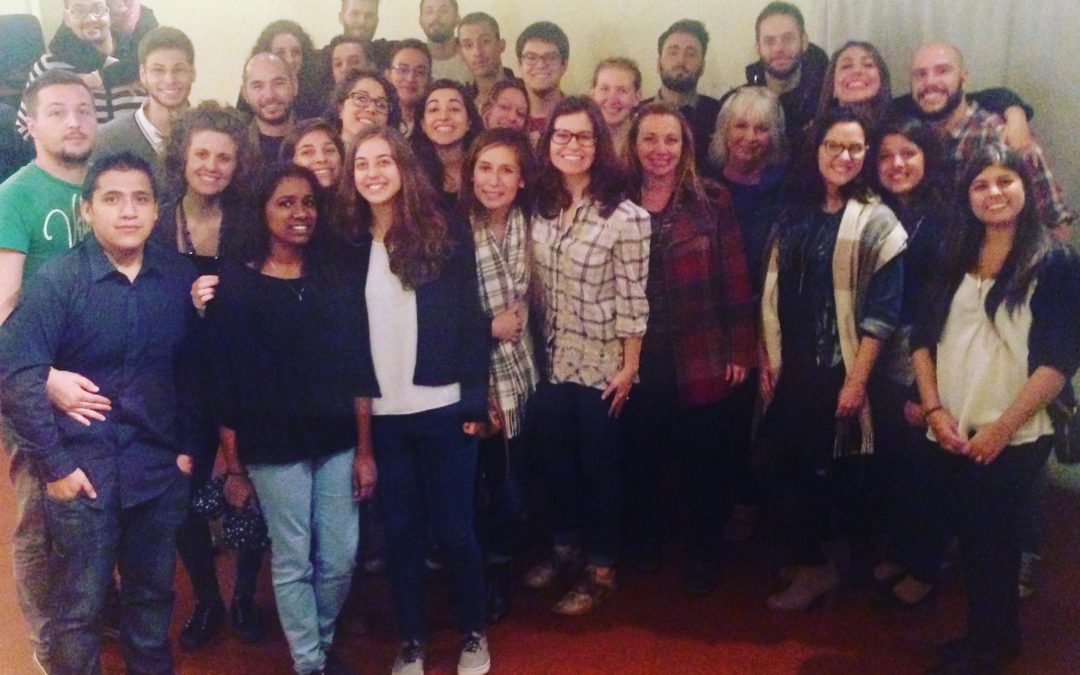“The four components of Cultivate were terrific...

A Disney Trip and 3 Reasons I’m Choosing Aunthood
I just got back from Disney World with my parents, siblings, in-laws and five nieces and nephews, twelve of us in all.
I’m not really an amusement park person by nature—something about suffocating crowds and lines that serpentine in numbing rows and $14 turkey legs that I don’t really get. I realize I’m in the minority here though, so I pushed through my aversions and punched my ticket. (Actually I scanned my fingerprint, which linked to my magic band, which linked to my credit card. Basically, Disney owns me.)
Besides a generous amount of family laughter about stuff that is probably only funny to us, here’s how things went down: My oldest niece begged me to take her on Soarin’ for a second time, meaning we cumulatively waited in line for the length of a football game for a ride that lasts approximately as long as a lightening bolt. On the last night our family finally sat down at a decent restaurant when my baby niece started crying because she’d become constipated while eating an Olaf cake pop. At the end of dinner my youngest nephew thought he’d flushed his magic band down the toilet, which in a child’s world is equivalent to your house burning down.
But we joyfully enter this craziness because we’re aunts.
We embark on the turf of our nieces and nephews because we have a unique role in their lives that’s different from being their mom or dad.

So here are three reasons I’m choosing to invest as an aunt, besides the fact that I just love them so much and want to be in their lives:
Investing As An Aunt Means Stewarding The Family Relationships God’s Given Us
When I read through Scripture, especially the Old Testament, I see a strong thread of the importance of family and one’s heritage. Because I’m not married and don’t have children of my own, the children of my siblings are especially dear to me. (This is also true for my married siblings.) As a single woman, or any woman who has a void in her life, we can focus solely on what we’re missing, or we can claim the place God has given us with our nieces and nephews, a place no one else has.
If We Don’t Own Our Place In Our Nieces’ And Nephews’ Lives, Someone Else Will
I don’t want to abdicate the role I have with my little ones, because all manner of voices and opinions are, right now, competing for their attention and affections. I want the opportunity to demonstrate the grace of Jesus when they fail, reveal His love when they know they don’t deserve it, unfold the truths of Scripture as they grow, and offer wisdom in a confusing world that’s spilling over with ideas leading far from the heart of God. Of course my little group is still young, so a lot of what’s going on right now has to do with peeling tangerines and breaking up scuffles and buying bearded dragons as Christmas gifts. But still, I’m filling a space in their lives I pray is an extension of Christ’s love for them.
If We Invest in the Children Now We’ll Have A Voice Later
While we can’t strong arm our nieces and nephews to love the Lord their God with their whole hearts and minds, if we build a relationship with them today we’ll have a trusted place with them tomorrow. Even if they veer off that narrow path, they’ll know deep in their hearts who is praying and aching for them to come home. “Teach [God’s Words] to your children, talking about them when you sit in your house and when you walk along the road, when you lie down and when you get up.” Deut 11:19.
Let’s own our places in the lives of these little ones. We have a place no one else does.
Kathy Aubrey, Northside Church, Liverpool, NY

A Call to Simplicity
For the first time in 19 years, I stayed in...

Slow and Steady Faithfulness in the New Year
As we untangle the lights from the tree, store...

Bible Studies For Your New Year
As we head into the New Year I hope you're...
Episode #8: Cooking As a Way of Serving Others
Episode #8 In this final episode of Kelly and...









